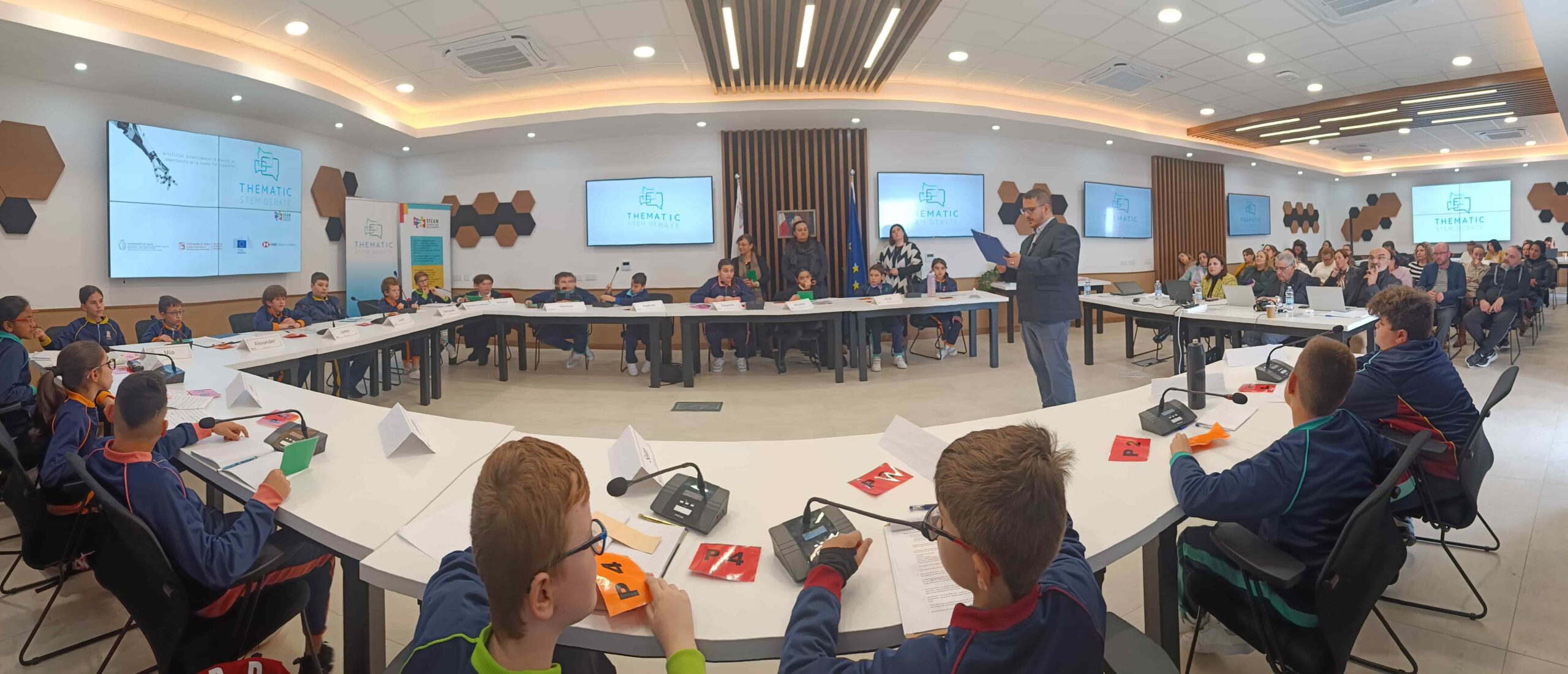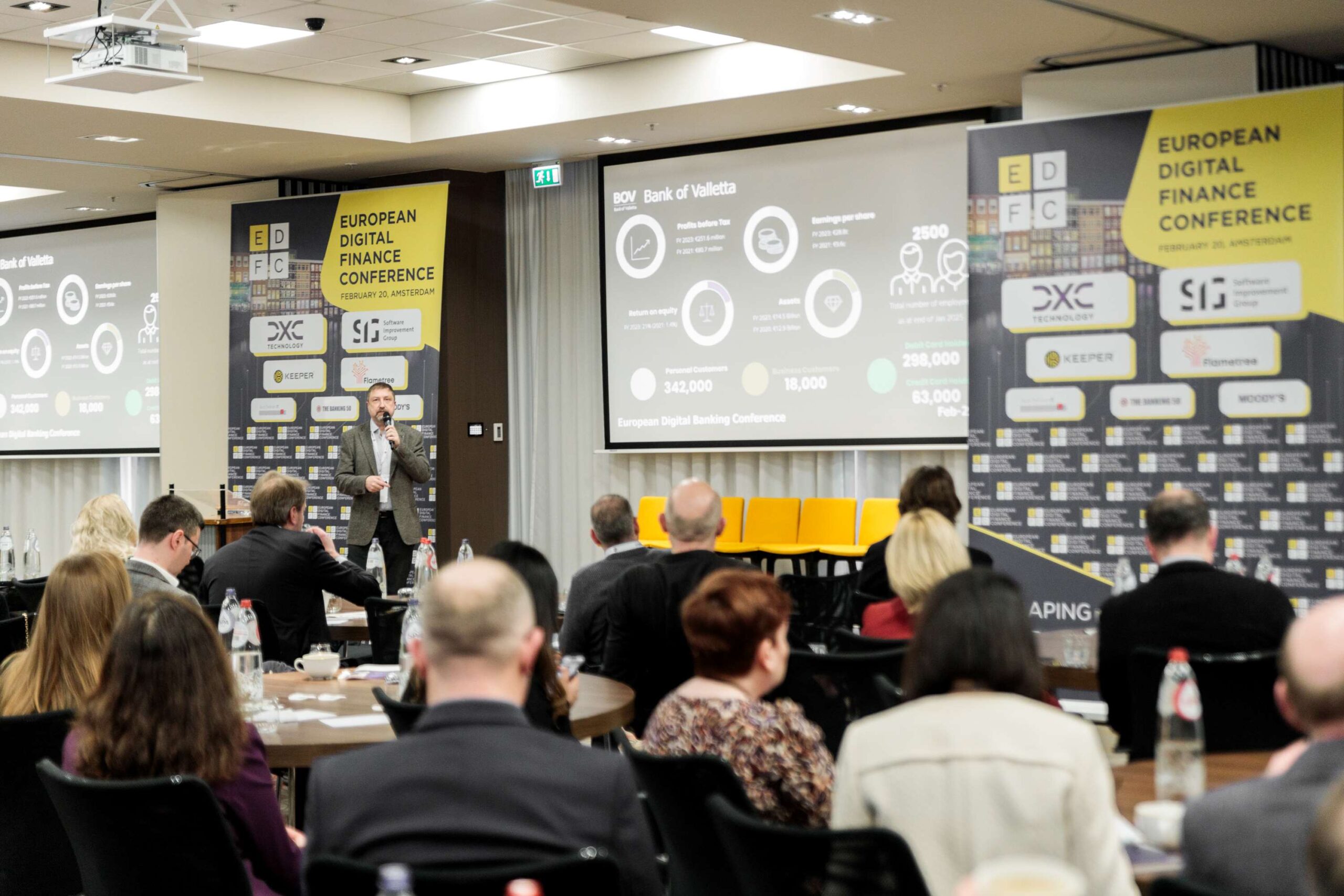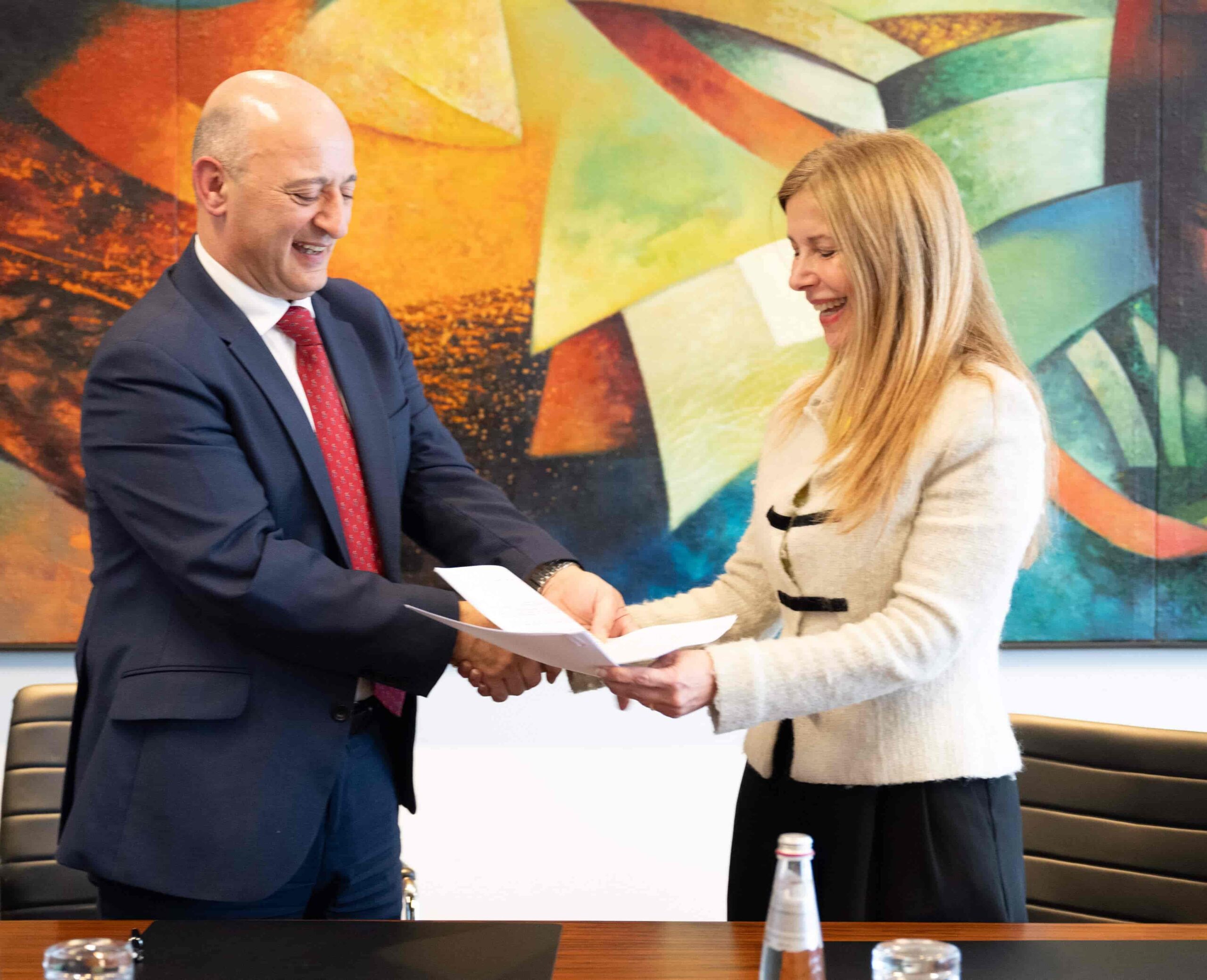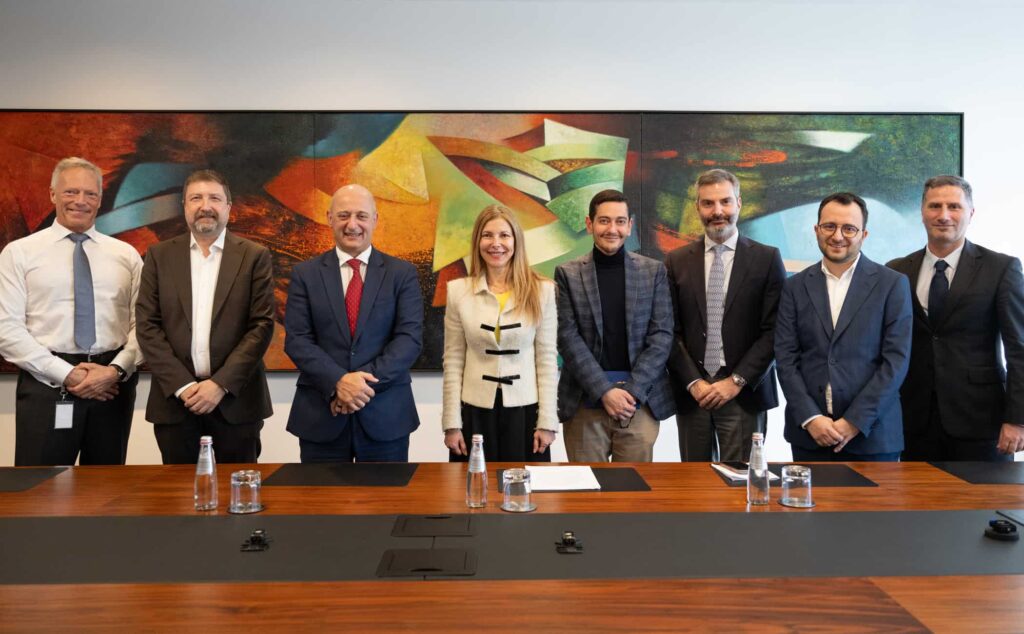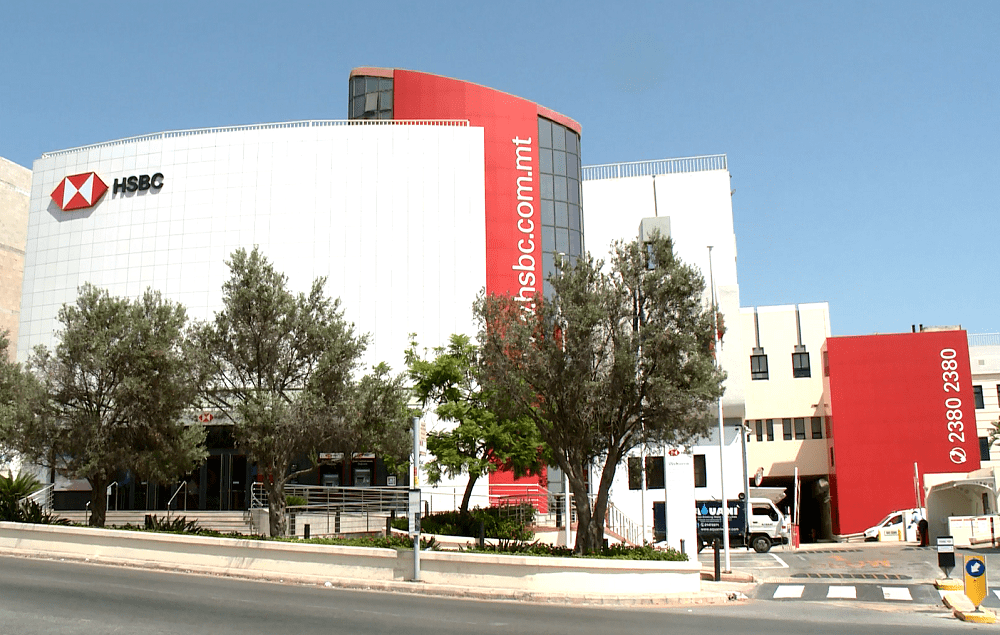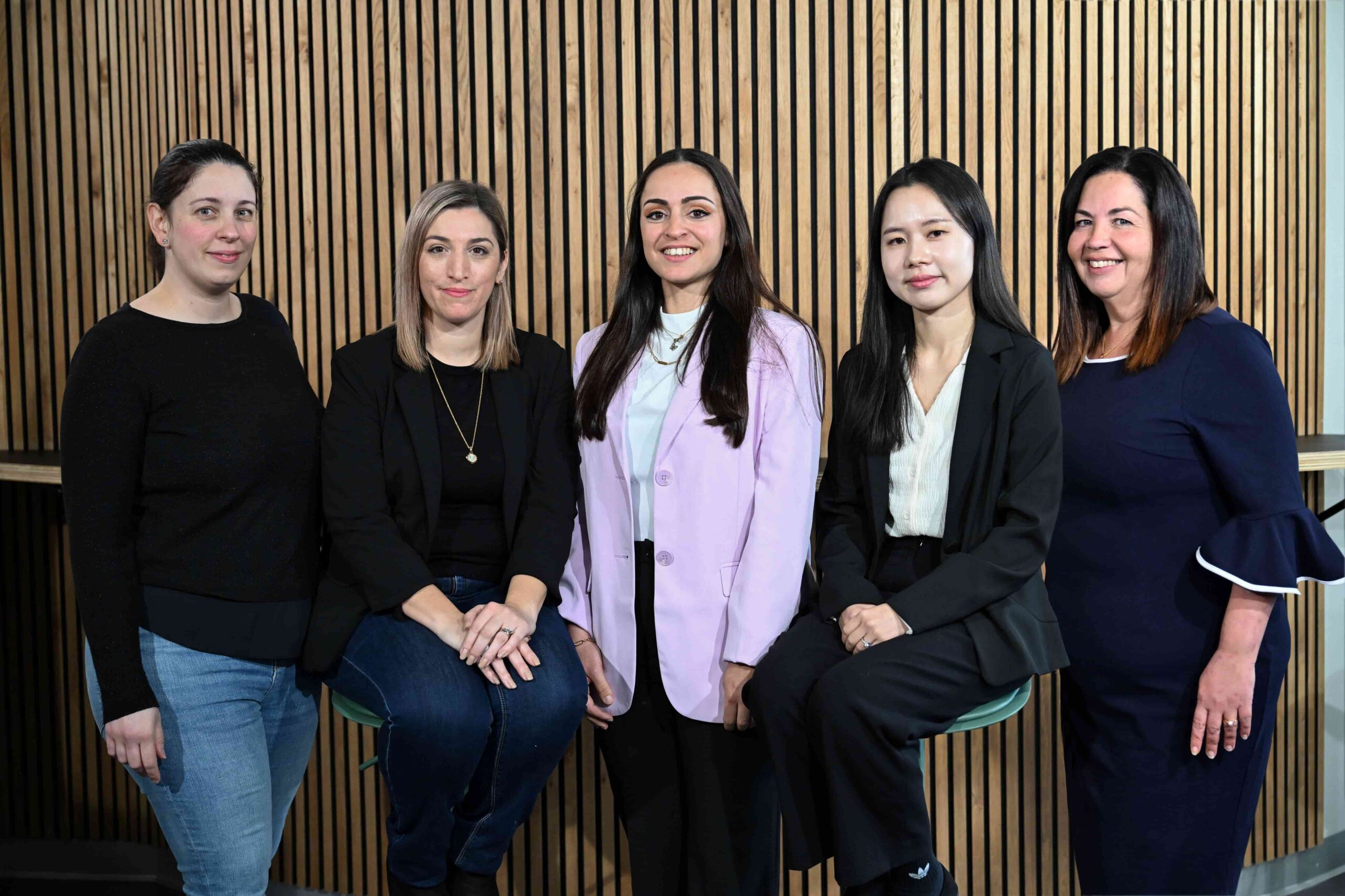Highest dividend in the last decade thanks to robust business performance
2024 Results – Highlights
In 2024, the bank achieved record financial results due to revenue growth, recoveries on expected credit losses and focused investments. As a result, the bank is proud to report a profit before tax of €154.5m.
The bank’s strong capital generation enables it to recommend a dividend pay-out ratio of 51% of the reported profits for the year ended 31 December 2024. The final gross dividend will be of 12.0 cents per share (7.8cents per share net of tax). This together with an interim dividend of 10.0 cents paid on 17 September 2024, brings the total dividend for 2024 to 22.0 cents (14.3 cents net of tax), representing the highest dividend in the last decade.
Financial Performance
- Profits before tax of €154.5m for the year ended 31 December 2024, an increase of €20.6m or 15% over 2023.
- Increase in profits driven by revenue growth across all revenue lines mainly due to the higher interest rate environment, increase in customer activity and higher insurance subsidiary results. The credit quality of the loan portfolio continued to improve resulting in a significant release of expected credit losses. Operating costs increased mainly driven by investment in people, technology and real estate.
- Recommended final gross dividend of 12.0 cents per share (7.8 cents per share net of tax) which brings the total dividend for 2024 to 22.0 cents (14.3 cents net of tax).
- Reported profit after tax attributable to shareholders of €100.1m for the year ended 31 December 2024, resulting in earnings per share of 27.8 cents, compared to 24.1 cents in the same period in 2023.
- Return on equity of 17.5% compared to 17.1% for 2023.
- Customer deposits increased by €16.8m to €6,158m at 31 December 2024 while net loans and advances to customers decreased by €210.7m to €2,873m compared to 31 December 2023.
- Strong capital and liquidity ratios well above regulatory requirements.
Financial Performance
We delivered exceptional results driven by strong revenue growth across all our businesses and revenue lines. We experienced continued improvement in the credit quality of the loan portfolio resulting in a significant release of expected credit losses. The reported profit before tax for the year ended 31 December 2024 was €154.5m. This represents an increase of €20.6m or 15% compared to prior year. The reported profits include a notable item of €6.1m relating to the re-assessment of the tax estimate of the with-profit portfolio within the insurance subsidiary.
Reported profit attributable to shareholders was €100.1m, resulting in earnings per share of 27.8 cents compared to 24.1 cents in the same period in 2023.
Net interest income increased by 5% to €206.1m compared to prior year due to the higher interest rate environment. While the ECB started to lower rates in June 2024, the average prevailing interest rates in 2024 were still higher than 2023. The increase in net interest income is largely driven by higher interest on placement of excess liquidity, due to higher interest rates as well as higher average deposits balances held throughout the year.
Net fee income increased by €1.4m to €20.9m compared to 2023. This was driven by an increase in lending and commitment fees as well as higher returns from our asset management subsidiary. We have reported growth in transaction banking and higher volumes of international payments.
Net trading income increased by 27% to €9.7m. As the leading international bank in the market, we grew volume of transactions and helped more clients to manage foreign exchange and interest rate risks.
Operating costs for the year increased by 10% and amounted to €112.8m. The increase in expenses was mainly attributable to our investment in people, the IT infrastructure and real estate. In 2024, we signed an ambitious and ground-breaking three-year collective agreement to energise our talent on customer service excellence. During the year, we also implemented a new mortgage system, made good progress on the roll-out of new ATMs and inaugurated our new headquarters, HSBC Hub, in Qormi.
During the year, we reported a release of expected credit losses (‘ECLs’) of €14.6m, compared to a release of €4.6m in 2023. The 2024 release is across retail and commercial banking. It is mainly driven by the recovery on wholesale non- performing loans, a release of retail provisions held for inflationary pressures which did not materialise, general improvement in the credit quality of the book as well as improved forward economic outlook. We also saw an increase in recoveries of amounts written off in prior years, as we progressed claims and recoveries in a diligent manner.
The effective tax rate was 35.2%. This translated into a tax expense of €54.4m, €7.3m higher than the expense for 2023. The increase in tax expense resulted mainly from increased profits.
HSBC Life Assurance (Malta) Ltd reported a profit before tax of €14.4m compared to a profit of €6.2m in 2023. The positive variance in profitability of €8.2m is mainly attributable to a re-assessment of the tax obligation estimate on the with-profit run off portfolio, which resulted in a one-off expense release of €6.1m. 2024 profits also include a reversal of losses on onerous insurance contracts of €1.3m booked in 2023. In 2023, a proportion of insurance contracts were loss making leading to the booking of losses on onerous contracts. These losses were reversed in 2024 as the contracts became profitable mainly as a result of positive market movements.
Financial Position and Capital
Net loans and advances to customers decreased by €210.7m to €2,873m. We continued to improve asset quality by reducing non-performing loans by 35% while retaining a prudent credit policy.
Customer deposits increased by €16.8m to €6,158m. The increase was predominantly driven by an increase in retail deposits. While commercial deposits as at 31 December 2024 were at the same level as those reported as at 31 December 2023, we saw an increase in the average level of commercial deposits held throughout the year. The liquidity ratios remained well in excess of regulatory requirements.
The financial investments portfolio increased by 74% to €2,291m. In 2024, the bank continued to increase the size and duration of the structural hedges to reduce the sensitivity of banking net interest income to interest rate movement and stabilise future earnings. As a result, we managed to reduce the one-year interest sensitivity relating to a 100bps negative movement in rates from €24.5m to €18.1m.
The bank’s common equity tier 1 capital was 22.6% at 31 December 2024, compared to 20.6% at the end of 2023. The total capital ratio increased to 25.6% compared to 23.5% at 31 December 2023. The improvement in the capital ratios was driven by increased profits, higher revaluation reserves on our Hold-to-Collect and Sell investment portfolio and lower capital deductions for non-performing loans as a result of the improvement in credit quality. The bank maintained a strong capital base and is well in excess of the regulatory capital requirements.
The bank is determined to continue maintaining a strong capital base, whilst at the same time recognising the importance of dividends to our shareholders. In view of the strong results, the Board has recommended a dividend pay-out ratio of 51% on reported profits. The final proposed gross dividend will be 12.0 cents per share (7.8 cents per share net of tax) which brings the total dividend for 2024 to 22.0 cents (14.3 cents net of tax). This is the highest annual dividend paid in the last decade. The final proposed dividend will be paid on 20 May 2025 to shareholders who are on the bank’s register of shareholders on 13 April 2025, subject to approval at the Annual General Meeting scheduled for 13 May 2025.
Geoffrey Fichte, Chief Executive Officer at HSBC Bank Malta p.l.c., said:
“I’m proud to report record 2024 annual results for HSBC Bank Malta p.l.c., representing the highest levels of revenue, profit, returns, dividends and investment in over a decade. All of our business lines reported growth in revenues and customers in 2024.
“Thanks to the collaboration across all areas of our bank, we have introduced a range of innovative solutions for our customers, including a new mortgage system, upgrades to our card offerings, the launch of group life insurance policies for company employees and improvements to our digital platforms for both individuals and companies. We are replacing our entire ATM network, with half of ATMs already replaced to-date and the remainder set for completion by the end of 2025.
“We are proud to have been recognised as the Market Leader and Best Service Provider for Trade Finance in Malta, further demonstrating our strength and competitive advantage. This award is a testament to the dedication and professionalism of our employees.
“Looking ahead, we remain focused on growing and improving our business to support the dynamic needs of our customers and the community, while delivering strong returns to shareholders. We continue to invest in continuous improvements to make banking easier and simpler for our customers.
“I would like to take this opportunity to thank the Board of Directors and my colleagues for their dedication, whose hard work throughout 2024 helped us deliver record results, improved customer service and generate market-leading returns for our shareholders. It is an honour for me to lead this successful company, and I would like to thank our customers for their business, trust and confidence.”

